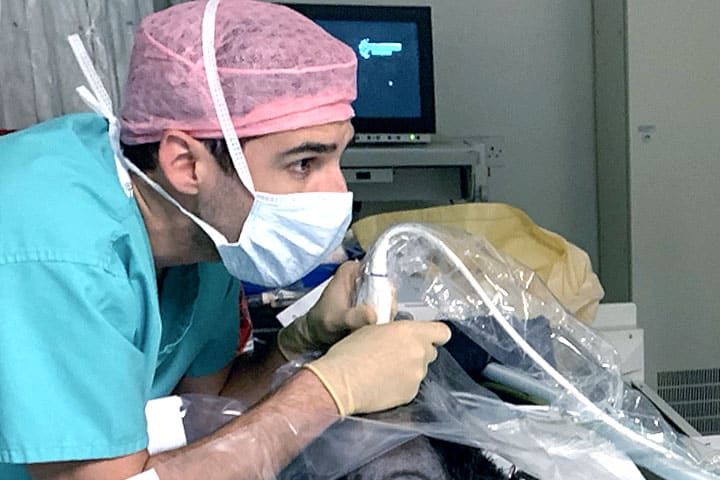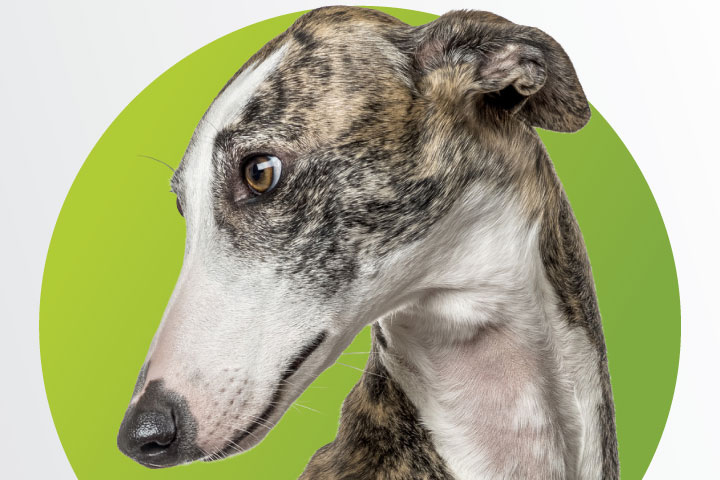Respiratory Disease Anaesthesia Q&A
Patients with respiratory disease commonly require anaesthesia in practice. These patients can be challenging to anaesthetise and recover safely. The following Q&A answers some of the common questions and concerns regarding these patients. What are the most common reasons for a cat or dog in respiratory distress to require anaesthesia? Trauma Obstruction of the airways…
Read MorePain Management in Canine Osteoarthritis
Osteoarthritis can be a painful and debilitating disease, but in most cases, we are able to allow affected animals to enjoy a good quality of life. Over time, the condition will usually deteriorate, so it is often necessary to amend the management or treatment accordingly to maintain a good quality of life. During this webinar,…
Read MoreTaking the Shame out of Mistakes: Practical Scenarios from Anaesthesia and VetSafe
How can we equip our teams to deal with mistakes? This webinar will explore the reasons why mistakes are made and a systems approach to managing them involving the whole team. Practical scenarios will be provided with insights on how VetSafe is helping to investigate clinical mistakes. Taking the Shame out of Mistakes: Practical Scenarios…
Read MoreGabapentin and Pregabalin as Analgesics
The results of a recent survey amongst North American vets by Reader and Colleagues (2021) highlighted the high prescription frequency of gabapentin (with 69% of participants prescribing it on a daily to weekly basis). The main reason for gabapentin prescription was as a substitute for NSAIDs in acute pain cases. Furthermore, in the same study…
Read MoreMythbusters: Anaesthesia Unveiled Part I
Common small animal anaesthesia myths and misconceptions Small animal anaesthesia is very much a routine procedure but compared to human anaesthesia (perianaesthetic risk of death 0.002%) could be classed as high risk. The introduction of new drugs and techniques and specialised staff have made anaesthesia safer in the current practice but even so, when it…
Read MoreMythbusters: Anaesthesia Unveiled Part II
Common small animal anaesthesia myths and misconception We hope our evidence-based facts will replace common myths and provide enhanced knowledge and confidence regarding anaesthesia in everyday practice. MYTH: Ketamine is a safe drug for patients with failing cardiac disease TRUTH: Ketamine increases sympathetic tone, so heart rate, contractility and even blood pressure may increase. There are…
Read More




